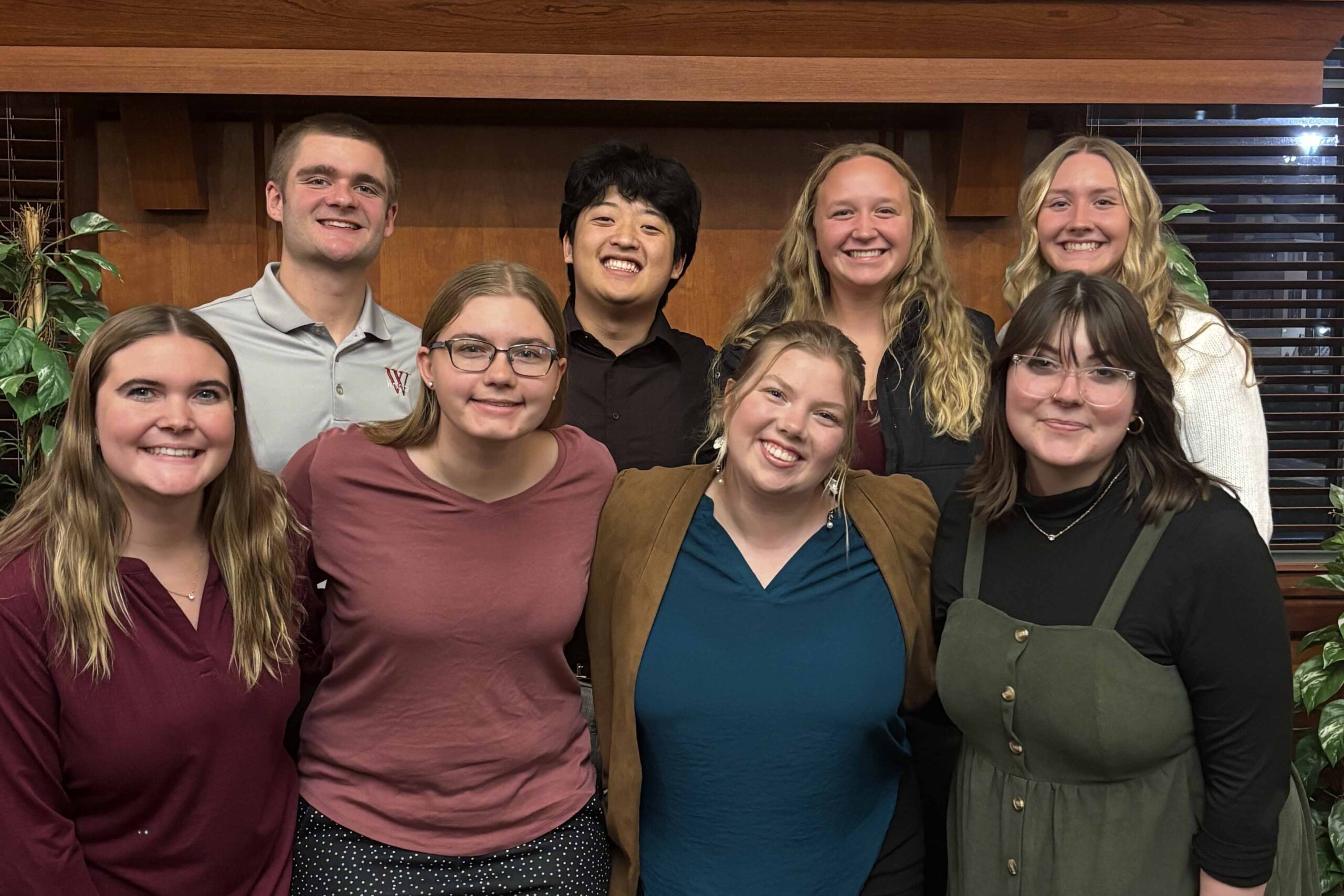
Honor Code
What is the Wartburg College Honor Code?
The Wartburg College Honor Code was originally written in 1996 by the Student Senate Academic Policies Committee. The Honor Code is a statement of academic responsibilities that Wartburg College students agree to support. The code describes the values of integrity and trust that are fundamental to Wartburg College. Faculty supports the honor code by reminding students of their responsibilities to the Honor Code before tests and quizzes. The Honor Code reinforces the academic conduct rules present in the Student Handbook. The Honor Code is in place to serve as a constant reminder of the academic expectations of students.
Students, faculty, and staff of Wartburg College are expected to demonstrate integrity in all endeavors. Students are expected to adhere to four essential principles:
- Submit only original work and properly cite ideas of others, including fellow students.
- Report any act that violates these principles.
- Refrain from giving or receiving unauthorized aid on examinations and assignments.
- Ask for clarification if uncertain about the expectations on a particular assignment.





